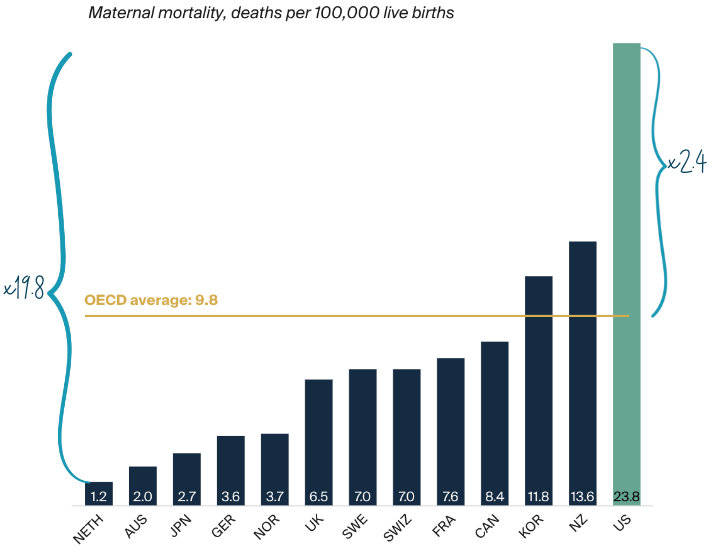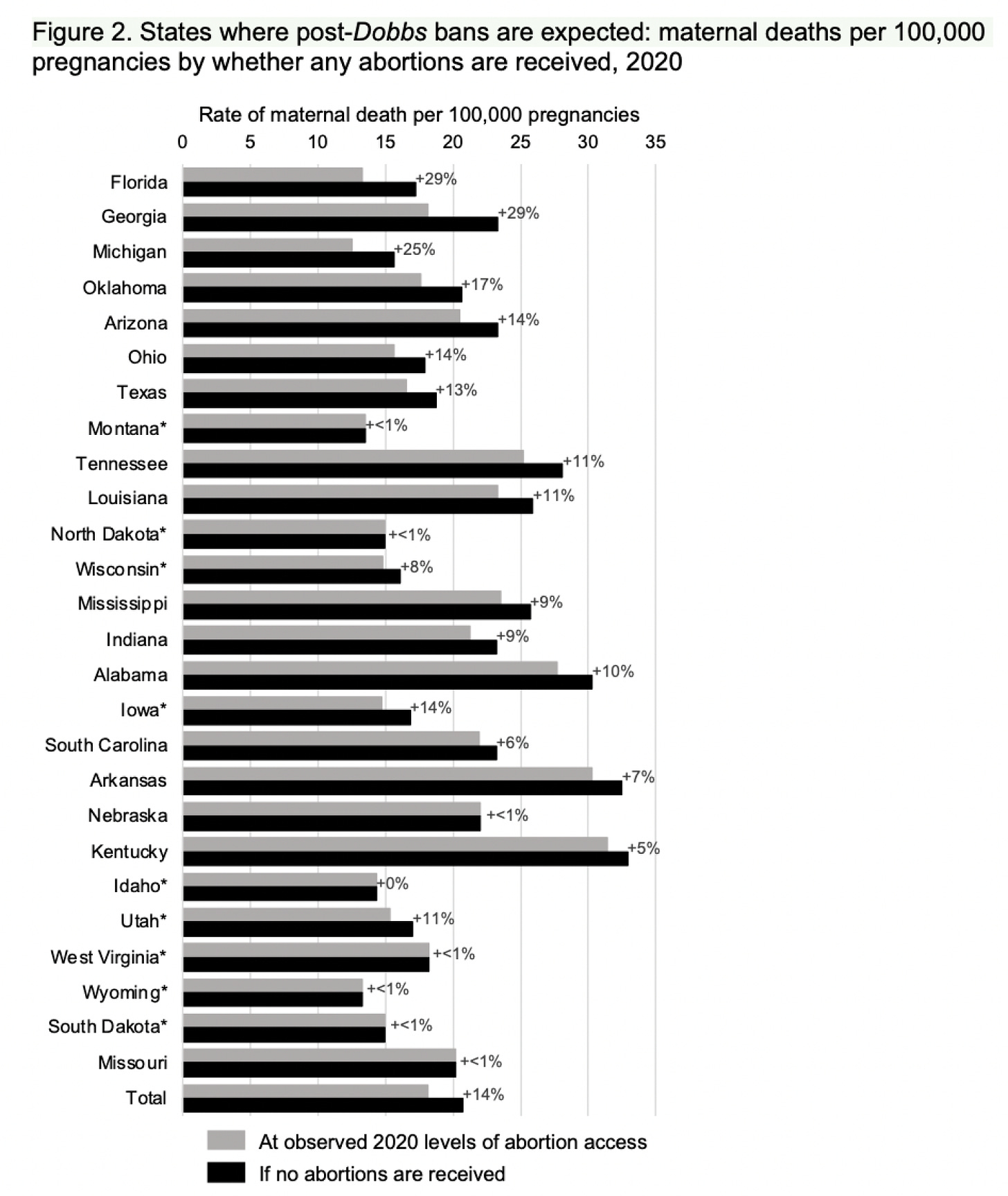Women fighting for their lives in the US
Abortion, Texas, me, Kate, and the tragic story
Public health touches all aspects of our lives, not just during a pandemic. Thanks to your feedback, this newsletter will continue with Covid-19 updates and address other public health topics, too. To choose what topics land in your inbox, click HERE.
I’m a mom who carried three pregnancies in Texas, one of whom had irreversible severe genetic abnormalities. This suddenly meant I was fighting for my life mid-pregnancy. And he didn’t have a fighting chance. And, although I came out on the other side, it’s not without incredible heartache and trauma. Maybe one day, I will have the courage to tell my whole story. But that’s what it is: my story, my health, and my life.
Kate Cox in Texas is experiencing an eerily similar story. But her health and future were not being determined by her. Nor her medical team. If she makes it out alive, she will have heartache and trauma for the rest of her life.
But this isn’t just a story about me or Kate. It’s a battle that hits close to home for many women in the U.S. Women are literally fighting for their lives.
Maternal mortality rates: High and increasing
The number of women dying from pregnancy, childbirth, and soon after birth is tragically high. Compared to other high-income countries, the U.S. ranks highest. In fact, it is 20 times higher than the Netherlands.

As dramatic as the overall U.S. statistic is, it masks even more tragic data stories:
Maternal mortality rates are rapidly increasing.
Disparities are jarring. Non-Hispanic Black women, for example, have a maternal mortality rate of 69.8 per 100,000 live births.

Restrictions to care play a role
Maternal mortality in the U.S. is multifaceted: increased rate of c-sections, sociodemographic factors, poor prenatal care, chronic illness and increasing restrictions in health care options.
One study found reducing women’s access to family planning and reproductive health services have contributed to the most recent rise in maternal mortality rates.
Another found every 1-unit increase in the abortion policy index (i.e., more restrictive state-level policies) equated to a 7% increase in maternal mortality.
Both of these studies evaluated policies before Dobbs. Given the more restricted access to care now, maternal mortality are projected to be more dire:
One study estimated a 24% increase in maternal deaths.
Restricting care also means care becomes more dangerous. The WHO reports that unsafe or illegal abortions account for up to 10% of maternal deaths worldwide.
Long term consequences
If the mother survives pregnancy and childbirth, the experience may impact her mental and physical health for decades to come.
“Maternal near misses”—defined as a woman who nearly died but survived a complication—are associated with:
worse overall quality of life,
worse mental and social health, and
negative economic consequences.
The same is true for women who wanted an abortion but got turned away. The famous Turnaway study (whose principal scientist was just granted a MacArthur Genius Award) found that those turned away experienced:
Larger increases in financial distress. This was sustained for several years.

Short-term reduction in credit access.
Greater anxiety and loss of self-esteem after being denied abortion.
Lower likelihood of aspirational life plans for the coming year.
Poorer physical health for years after the pregnancy, including chronic pain and gestational hypertension.
Serious implications for the children born of unwanted pregnancy, as well as for the existing children in the family.
Greater likelihood of staying tethered to abusive partners.
Bottom line
Women are fighting for their lives in the United States. We see it in the statistics. We hear it in women’s stories. Our job as members of the community is to support them. The answer is not to make their fight harder. I hope we can all find a way to agree on that.
I’m forever grateful for Kate’s bravery. And all of the women out there fighting for the betterment of women’s health.
Love, YLE
“Your Local Epidemiologist (YLE)” is written by Dr. Katelyn Jetelina, MPH PhD—an epidemiologist, wife, and mom of two little girls. During the day, she is a senior scientific consultant to several organizations. At night, she writes this newsletter. Her main goal is to “translate” the ever-evolving public health world so that people will be well-equipped to make evidence-based decisions. This newsletter is free, thanks to the generous support of fellow YLE community members. To support this effort, subscribe below:






Thank you for your bravery in sharing both your personal story, and the public health data (which on its own may incur some wrath). It’s so important.
This is probably the most powerful post that you have written! I have been a practicing pediatrician for 41 years and I am certain that your words and your data are true. Thank you for your bravery.